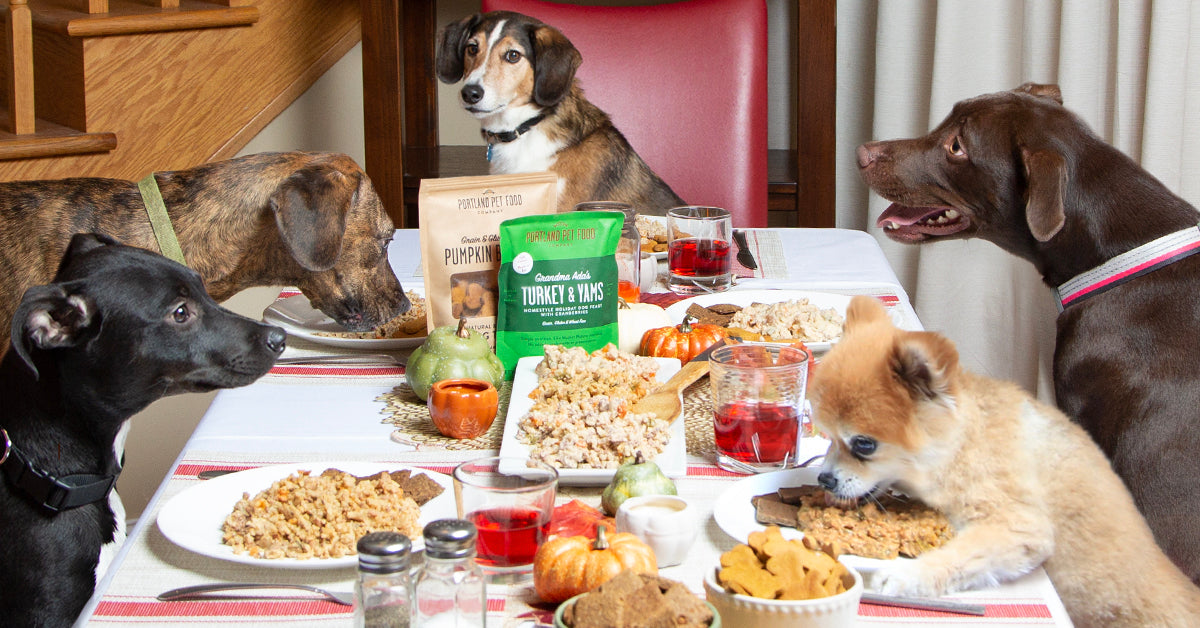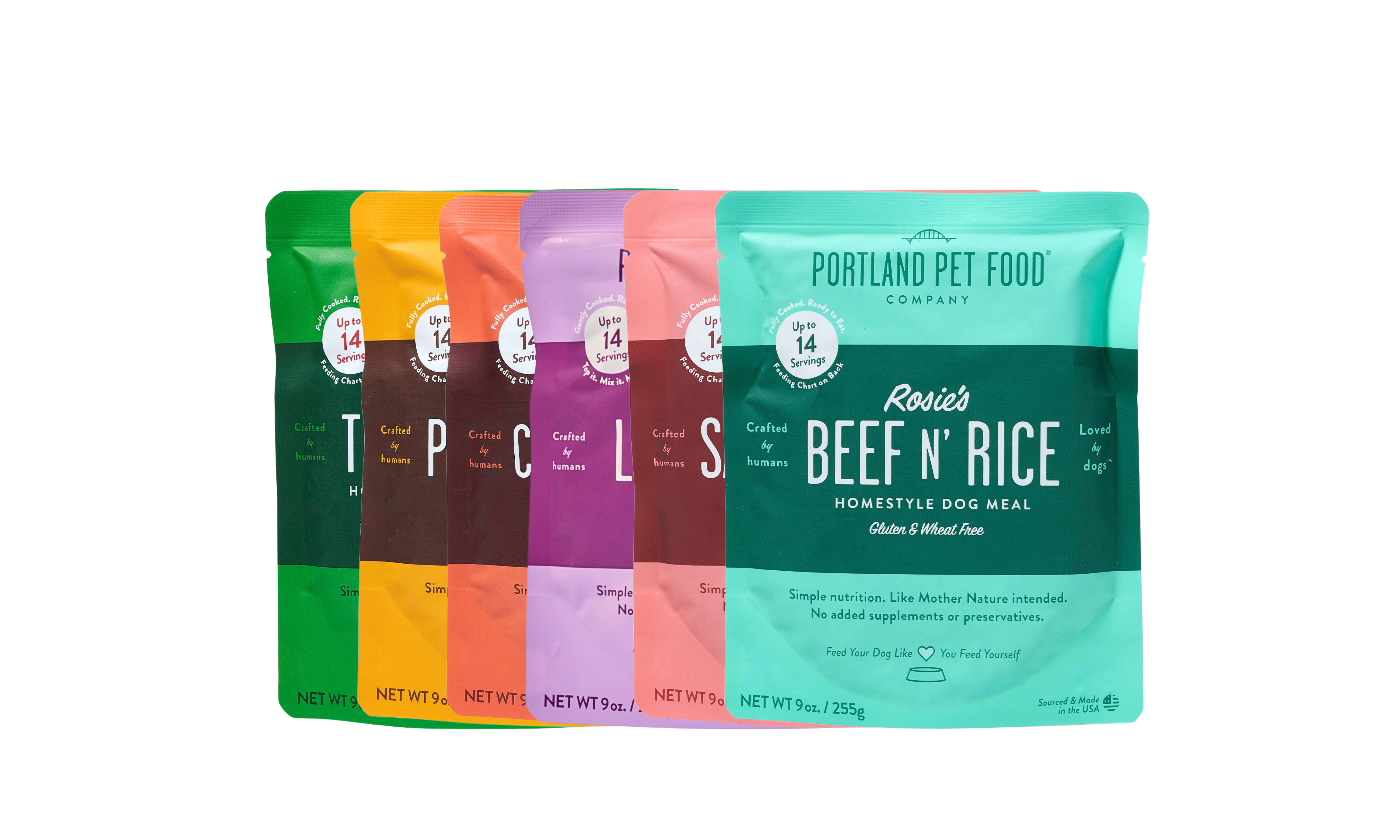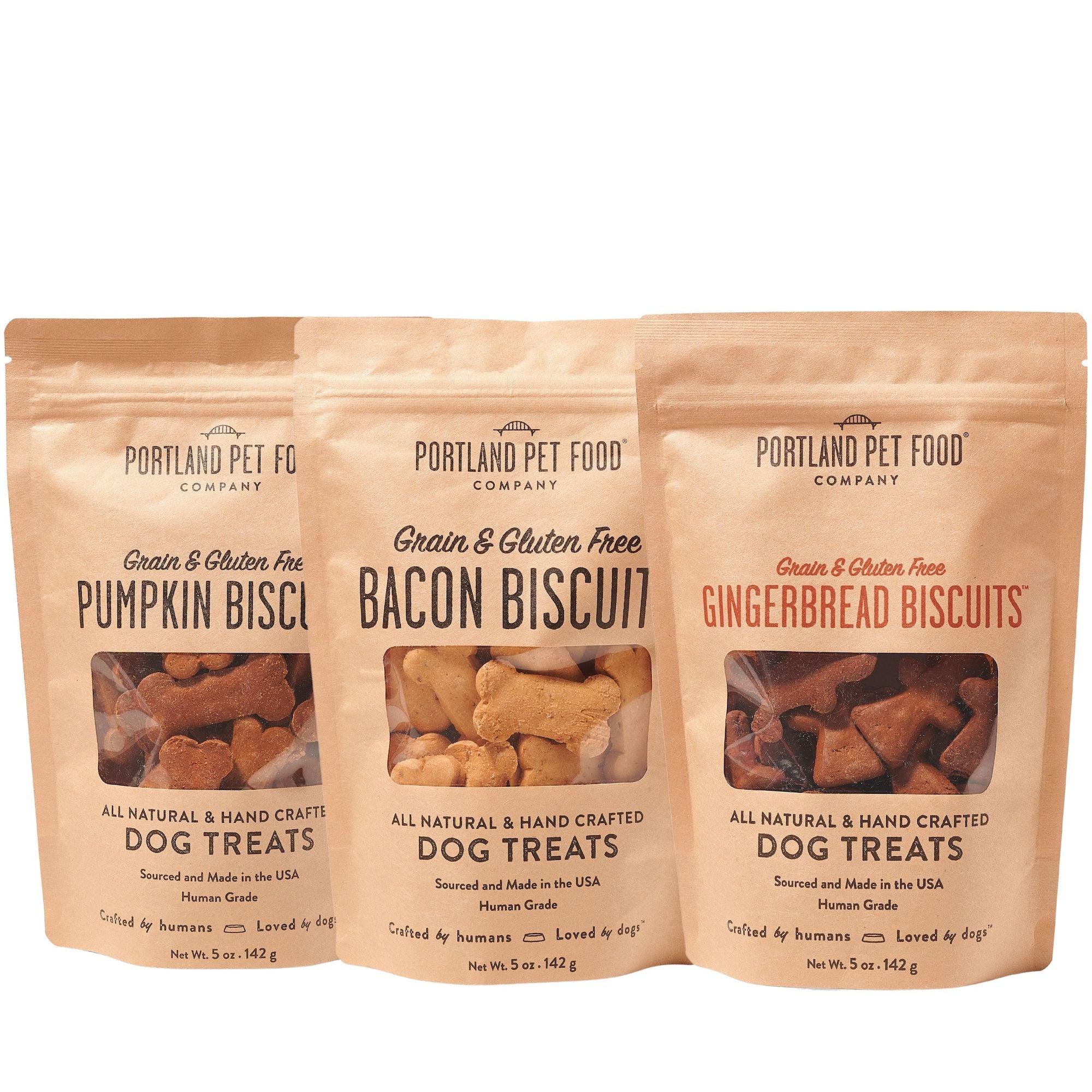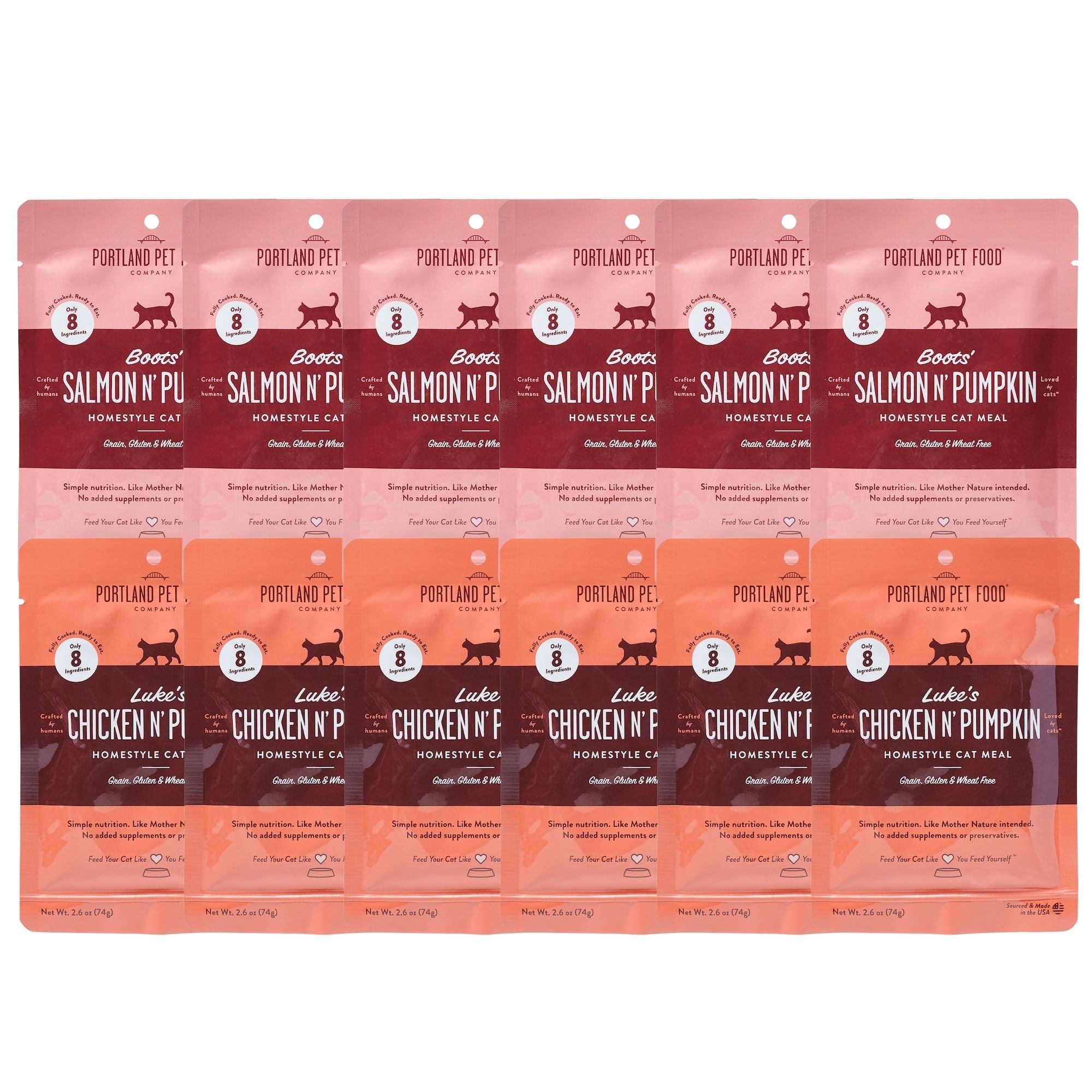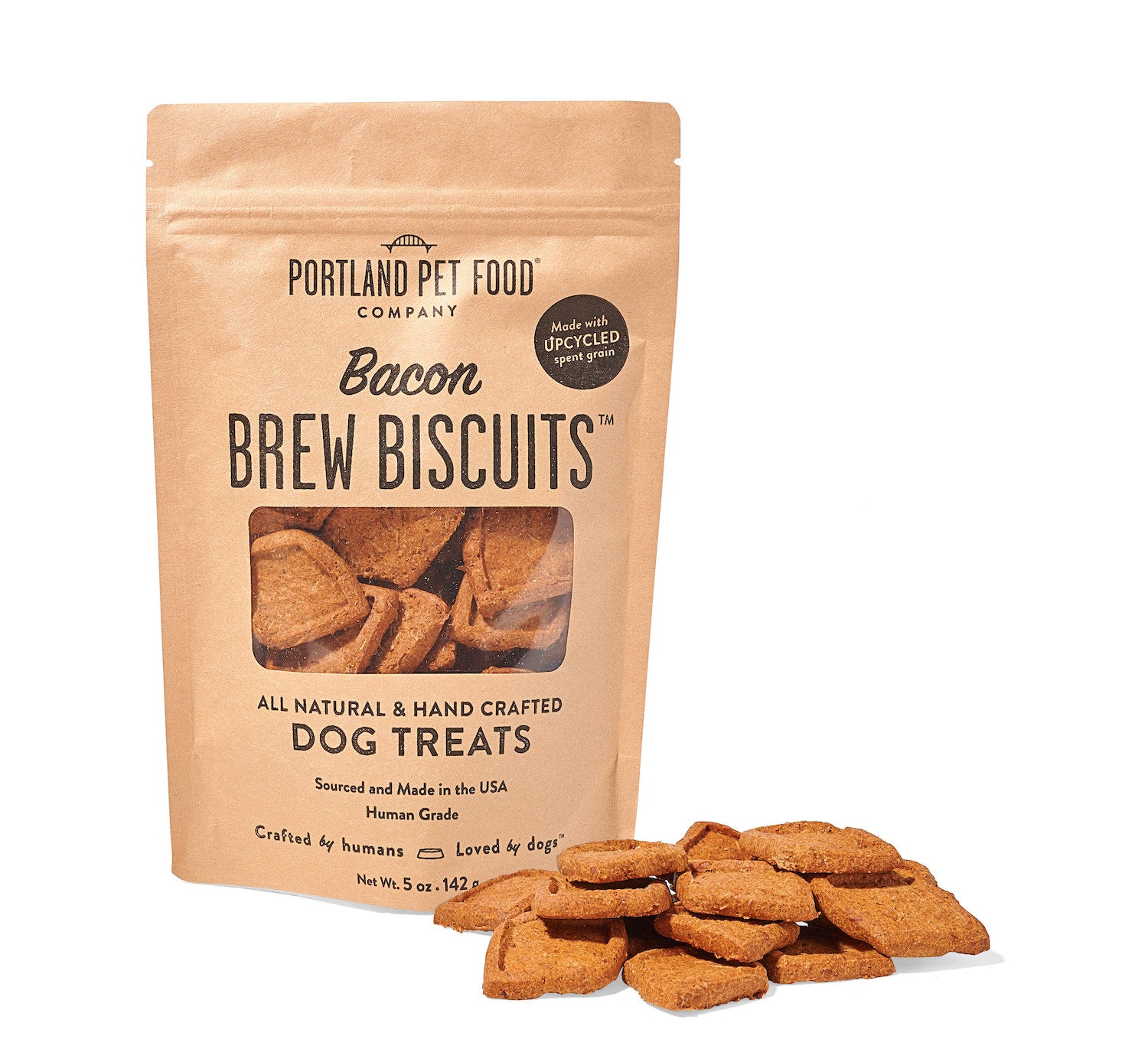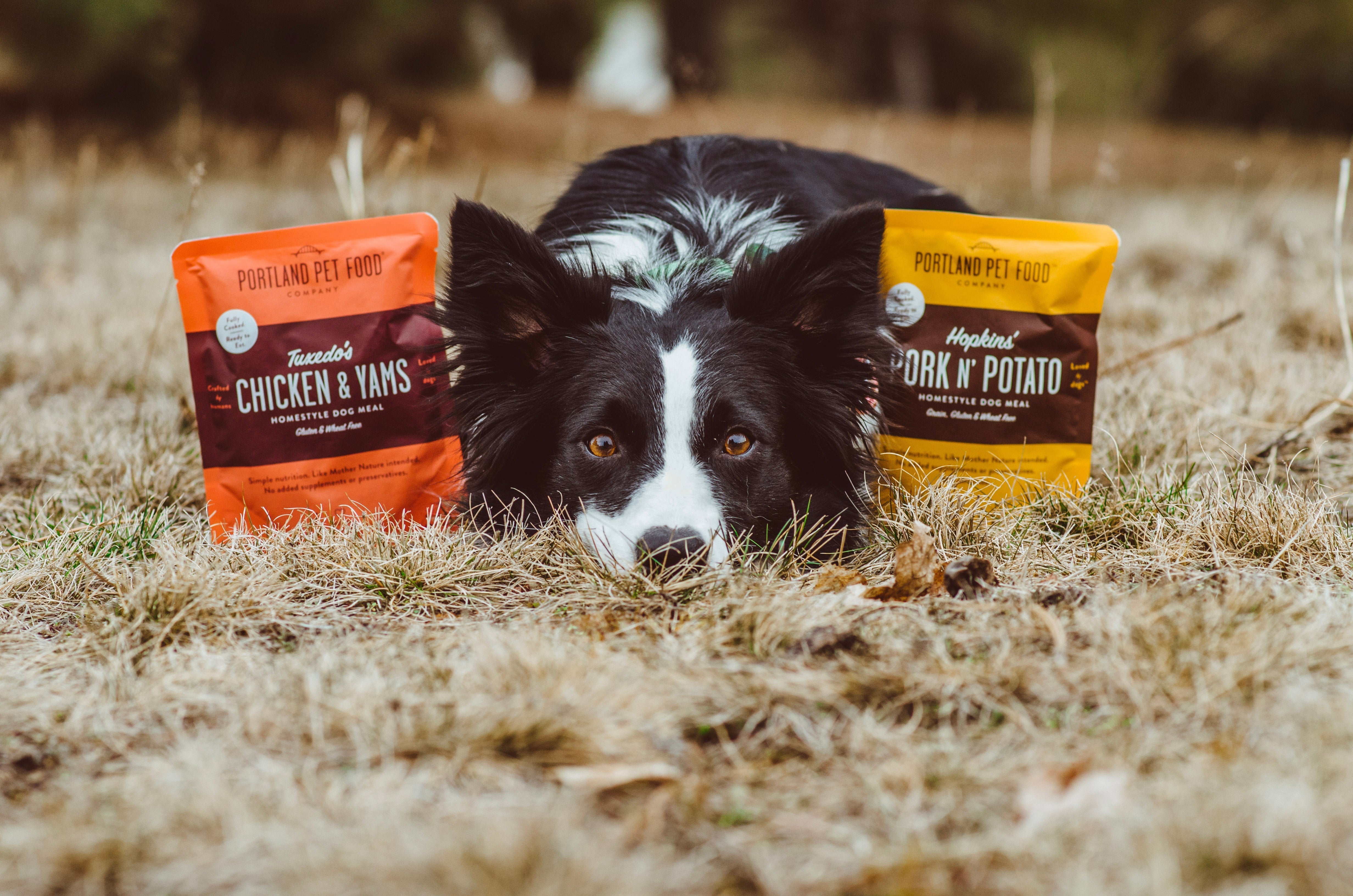
Do Dogs Need Meat Variety? Which Proteins Are Best For Dogs?
Dogs, like humans, thrive on a rotational diet — including their protein sources. For example, while chicken is a healthy, lean meat, eating it exclusively for your entire life would limit the vitamins you’re getting — such as the iron you could get from beef or vitamin B12 from salmon — and this is true for your dog as well! (Not to mention that you’d probably get bored of eating chicken every day!) That’s why it’s important to ensure you mix up your dog’s protein every once in a while.
In this blog, we’ll dive into the health benefits of different meat sources for dogs and how to tell if a pet food contains high-quality protein sources. Of course, it’s important to note that not all dogs handle every protein source well, whether due to allergies or specific nutritional needs. Be sure to connect with your veterinarian to make sure your dog’s needs are being met!
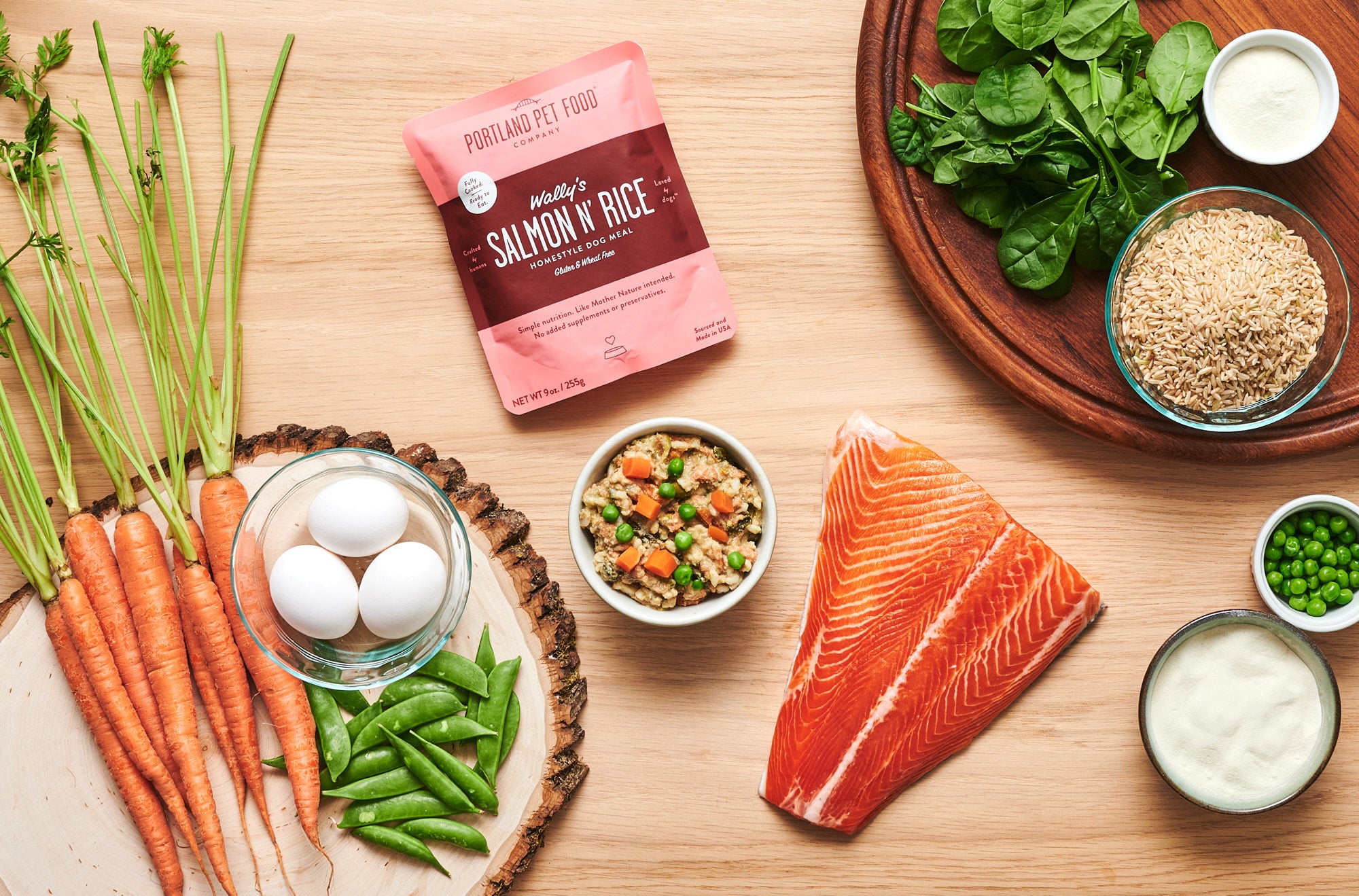
Salmon
Chicken
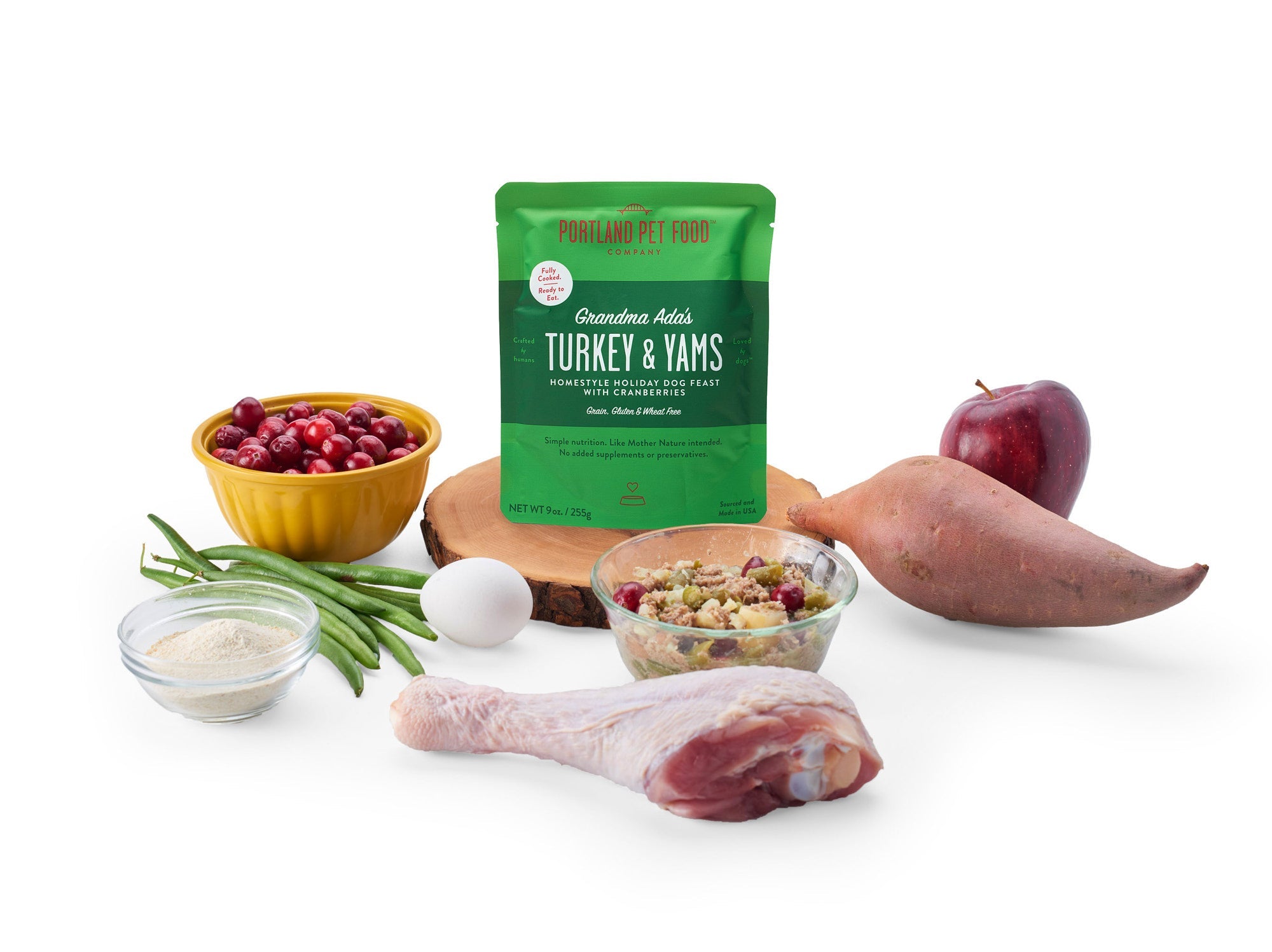
Turkey
Turkey is a great option for dogs who struggle with obesity, as it is a healthy, lean meat! It also provides a handful of nutritious vitamins and minerals, such as: Choline: Helps emulsify fats and improves nerve function ;Pantothenic acid: Regulates blood sugar; Selenium: An antioxidant that helps protect cells from damage; Zinc: Promotes a healthy coat and good digestion. When looking for a turkey dog food product, follow the same best practices as chicken — avoid poultry by-products, otherwise known as every part of the turkey except the meat!
Beef
Pork
Lean pork provides all nine essential amino acids that dogs need in an easily-digestible form. In fact, even just a small amount of pork provides over half of the recommended daily allowances for different nutrients that dogs need! Similar to when looking for a beef dog food product, make sure that you’re not buying a food with “rendered pork.” Additionally, we’d recommend prioritizing brands that use lean pork, as certain cuts of pork can be fatty, which may be difficult to digest and lead to inflammation.

